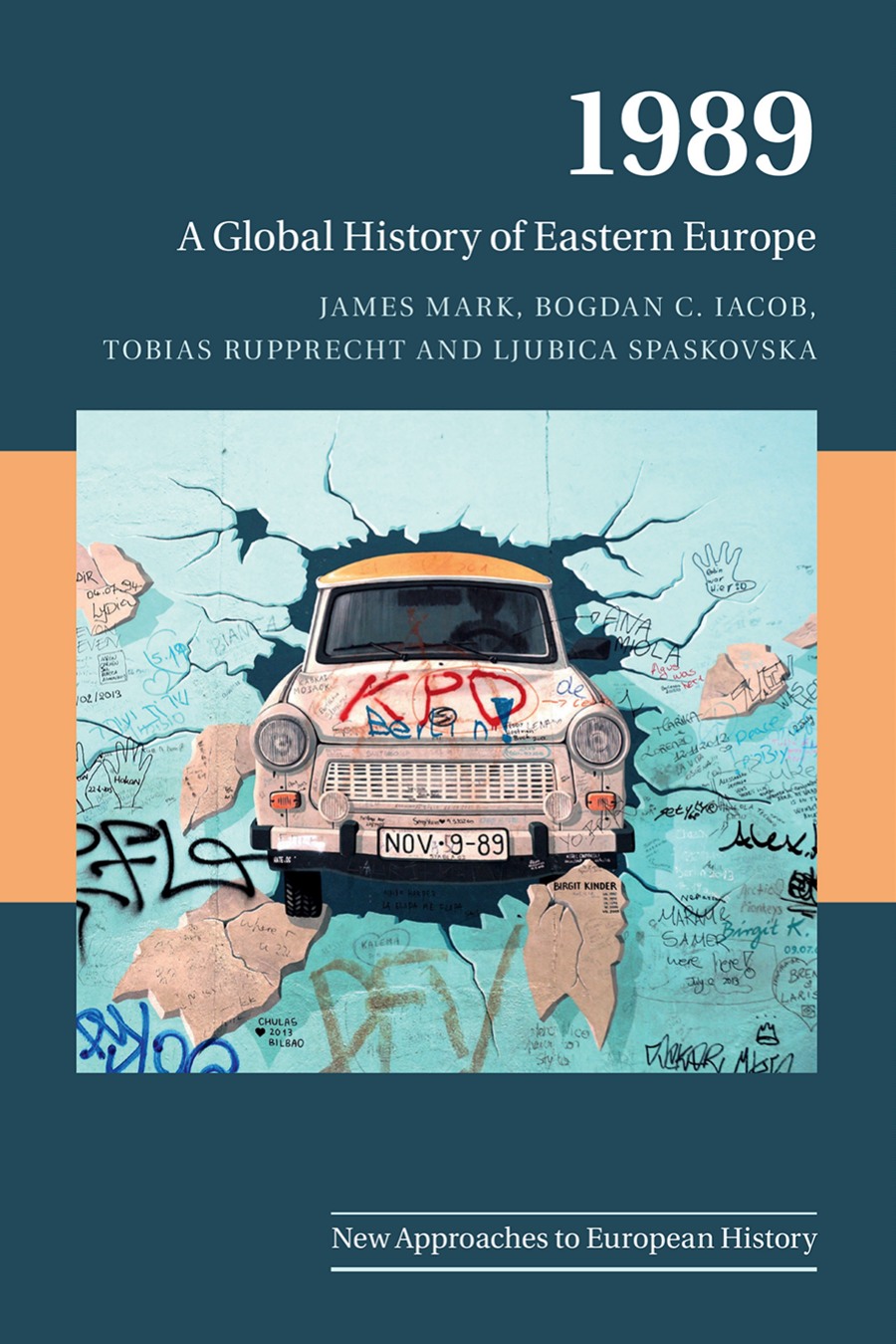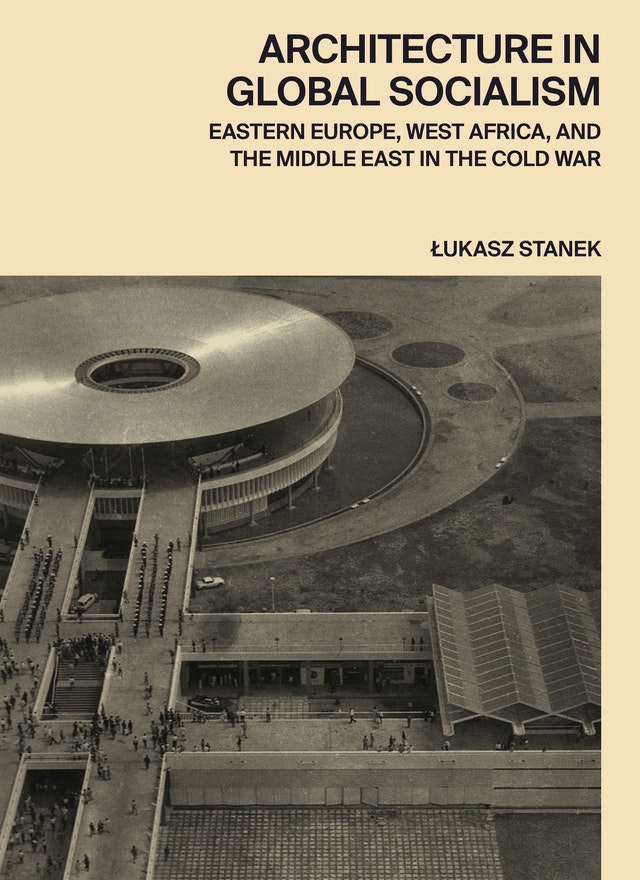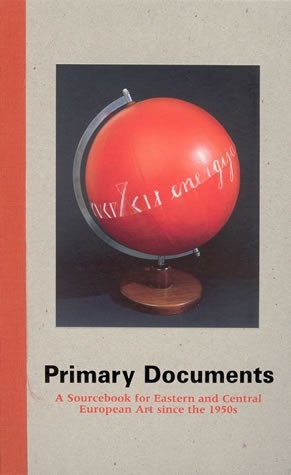James Mark, Bogdan C. Iacob, Tobias Rupprecht, Ljubica Spaskovska: 1989: A Global History of Eastern Europe (2019)
Filed under book | Tags: · 1989, authoritarianism, capitalism, central europe, communism, democracy, eastern europe, europe, european union, globalisation, history, human rights, illiberalism, internationalism, liberalism, market, migration, nationalism, neoliberalism, politics, post-communism, refugees, socialism, southeastern europe, soviet union, transition

“The collapse of the Berlin Wall has come to represent the entry of an isolated region onto the global stage. On the contrary, this study argues that communist states had in fact long been shapers of an interconnecting world, with ‘1989’ instead marking a choice by local elites about the form that globalisation should take. Published to coincide with the thirtieth anniversary of the 1989 revolutions, this work draws on material from local archives to international institutions to explore the place of Eastern Europe in the emergence, since the 1970s, of a new world order that combined neoliberal economics and liberal democracy with increasingly bordered civilisational, racial and religious identities. An original and wide-ranging history, it explores the importance of the region’s links to the West, East Asia, Africa, and Latin America in this global transformation, reclaiming the era’s other visions such as socialist democracy or authoritarian modernisation which had been lost in triumphalist histories of market liberalism.”
Publisher Cambridge University Press, Cambridge, UK, 2019
New Approaches to European History series, 59
ISBN 9781108427005, 1108427006
vii+372 pages
Reviews: Árpád von Klimo (H-Diplo, 2020), Tilmann Siebeneichner (German History, 2020), Nick Ostrum (Europe Now, 2020),
Interviews with co-author (James Mark): Ondřej Bělíček (A2larm, CZ, 2019), Ondřej Bělíček (Jacobin, 2020), Ronaldas Galinis (LRT.lt, 2020), Rūta Miškinytė (15min.lt, 2020, LT), Zoltán Ginelli (LeftEast, 2020, Part 2, Part 3).
Book summary (Eurozine, 2019).
Project website
Publisher
WorldCat
Łukasz Stanek: Architecture in Global Socialism: Eastern Europe, West Africa, and the Middle East in the Cold War (2020)
Filed under book | Tags: · architecture, cold war, eastern europe, global south, history of architecture, housing, middle east, socialism, soviet union, vernacular architecture, yugoslavia

“In the course of the Cold War, architects, planners, and construction companies from socialist Eastern Europe engaged in a vibrant collaboration with those in West Africa and the Middle East in order to bring modernization to the developing world. Architecture in Global Socialism shows how their collaboration reshaped five cities in the Global South: Accra, Lagos, Baghdad, Abu Dhabi, and Kuwait City.
Łukasz Stanek describes how local authorities and professionals in these cities drew on Soviet prefabrication systems, Hungarian and Polish planning methods, Yugoslav and Bulgarian construction materials, Romanian and East German standard designs, and manual laborers from across Eastern Europe. He explores how the socialist development path was adapted to tropical conditions in Ghana in the 1960s, and how Eastern European architectural traditions were given new life in 1970s Nigeria. He looks at how the differences between socialist foreign trade and the emerging global construction market were exploited in the Middle East in the closing decades of the Cold War. Stanek demonstrates how these and other practices of global cooperation by socialist countries—what he calls socialist worldmaking—left their enduring mark on urban landscapes in the postcolonial world.
Featuring an extensive collection of previously unpublished images, Architecture in Global Socialism draws on original archival research on four continents and a wealth of in-depth interviews. This incisive book presents a new understanding of global urbanization and its architecture through the lens of socialist internationalism, challenging long-held notions about modernization and development in the Global South.”
Publisher Princeton University Press, Princeton, NJ, 2020
ISBN 0691168709, 9780691168708
368 pages
Reviews: Gregor Harbusch (BauNetz, 2020), Alexander Adams (The Critic, 2020), Owen Hatherley (The Guardian, 2020).
Interview with author (Hilde Heynen & Sebastiaan Loosen, Architectural Histories, 2019)
PDF (55 MB, updated on 2021-4-13)
Comment (0)Primary Documents: A Sourcebook for Eastern and Central European Art Since the 1950s (2002)
Filed under book | Tags: · art history, body art, central europe, conceptual art, east-central europe, eastern europe, neo-avant-garde, performance art, politics, socialism, southeastern europe

“For several decades after World War II, Communist governments suppressed artistic freedom in Eastern Europe, creating conditions for the development of artistic expression markedly different from those in the West. Primary Documents provides an introduction for English-speaking readers to influential figures in the artistic and critical realms of the region and includes seminal artists’ writings, manifestos and texts by art historians from the past four decades. Many of these texts originally appeared in obscure journals in various foreign languages and are translated here for the first time.
The book, resulting from the research of an international team of scholars, artists, and curators working with The Museum of Modern Art, includes texts from Bulgaria, Croatia, the Czech Republic, Estonia, Hungary, Latvia, Macedonia, Poland, Romania, Russia, Serbia, Slovakia, and Slovenia. The chapters, organized thematically, are preceded by brief introductions and followed by case studies that chronicle events or describe the creation or reception of artworks.”
Edited by Laura Hoptman and Tomáš Pospiszyl
Foreword by Ilya Kabakov
Publisher Museum of Modern Art, New York, 2002
ISBN 0870703617, 9780870703614
375 pages
via ARCH
Reviews: Martina Pachmanová (ARTMargins, 2003), Alexei Monroe (Transitions, 2003), Yevgeniy Fiks (Art Journal, 2004).
Publisher
Distributor
WorldCat
PDF (17 MB)
Comment (0)
